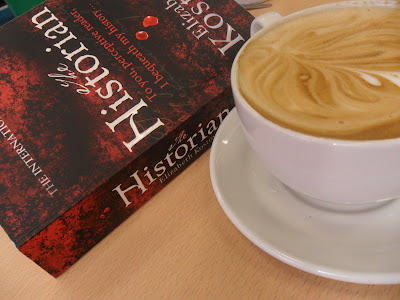 I will not say that your Mulberry trees are dead, but I am afraid they are not alive. Jane Austen, letter to Cassandra, 31st May 1811
I will not say that your Mulberry trees are dead, but I am afraid they are not alive. Jane Austen, letter to Cassandra, 31st May 1811 Very much enjoyed the two Jane Austen documentaries screened in the UK over Christmas. Despite my reservations about the title, The Many Lovers of Miss Jane Austen proved to be rather good. Amanda Vickery is a charming presenter and thankfully did not wear a bonnet.
Jane Austen: The Unseen Portrait? was a riveting programme. The attempts of the art historians and costume experts to authenticate the portrait were fascinating and there was a good ole academic row at the end with Paula Byrne coming out of it rather well. My own feeling is that the portrait may well be genuine.
You are looking at my reading challenge for 2012. The new edition of Jane Austen's Letters edited by Deirdre Le Faye. You are also looking at my new year's resolution - to stop drinking so much coffee!
I would like to thank my fellow bloggers and readers for proving that the internet can be a place for friendship and creativity. Happy New Year!






























